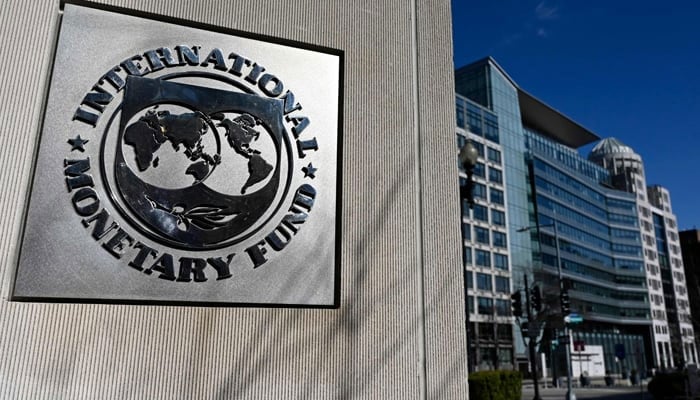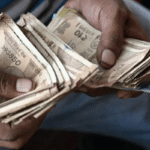ISLAMABAD: The majority of the provisions included in the Finance Bill 2024–25 have been rejected by the International Monetary Fund (IMF) for concessions.
Thus far, the Fund has consented to remove the goods and services tax (GST) on textbooks, reinstate professor and researcher refunds, remove the Federal Excise Duty (FED) on cement, and implement a few other technical adjustments.
The government has chosen to increase the Federal Excise Duty (FED) on international airline tickets as a backup plan for lowering the FED on cement; the rate may even double in the Finance Bill.
Due to strong lobbying by the exporters against entering a regular tax framework, the IMF has thus far refused to permit the government to reinstate export revenues into a fixed-income tax regime.
To gain the IMF’s approval, the government has sent its plan to reinstate a fixed regime for exporters with higher rates of 1 to 2 or 3%. But the IMF has declined to provide its consent. The fund executives want all income, including exporters’ earnings, to be subject to standard taxation.
The Finance Bill, which will be presented before the National Assembly this week, is ready to be prepared by the government.
One concern is how the government plans to use the Rs 250 billion in fiscal space that was created when the Public Sector Development Programme (PSDP) was scaled back from Rs 1,400 billion to Rs 1,150 billion using budgetary resources.







